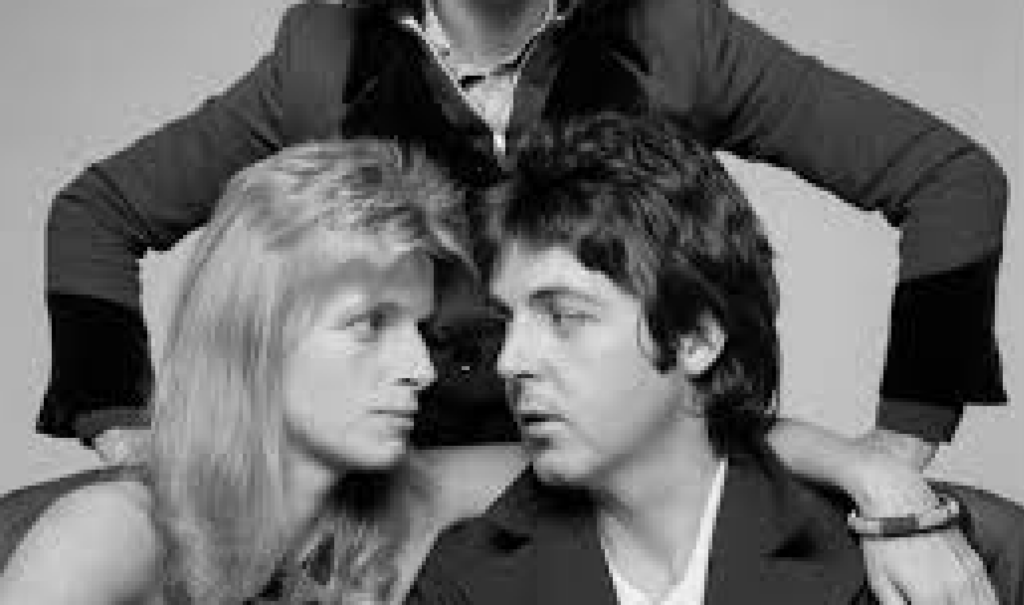Rich Man, Poor Man
About Will Smith’s estimable talents, there is no doubt. Six Degrees of Separation, Ali … um … “Parents Just Don’t Understand” — the man’s got skills to pay the bills, yours and mine and his. That he seldom uses them is dispiriting. This is an actor coming off a streak that includes, in order and with no omissions, Men in Black II; Bad Boys II; I, Robot; Shark Tale; and Hitch. With that barely breathing body of work, he is single-handedly programming Cinemax and Showtime while creating a legacy better served by Fresh Prince reruns.
What better path to redemption, then, than a film about, gosh, redemption? Enter The Pursuit of Happyness, the true-life rags-to-riches tale of Chris Gardner. In the early 1980s, Gardner pounded the San Francisco pavement trying to sell the expensive medical scanners into which he had sunk his family’s nest egg. As the bank account emptied, so did his home. His wife, broke and fed up, left him, abandoning their son, and by 1983, Gardner was eating in soup kitchens.
At the same time, Gardner was interning, gratis, at Dean Witter. Eventually, he wound up not only securing a job with the stock brokerage but also forming his own investment company (which he’s in the midst of selling for millions). According to a recent profile of Gardner in The San Francisco Chronicle, “He wears a $10,000 watch on each wrist, a Cartier on the right set to Chicago time, a Roger Dubuis on the left so he always knows what time it is in South Africa,” where he’s looking to make an investment deal. A fresh prince indeed.
Smith loves this guy — or this role. It’s a feel-bad part in a feel-good movie about a man whose life crumbles bit by agonizing bit before being made whole and happy in the final minutes. Smith, playing against his standard type (earnest wiseass talking smack in the back row), shows necessary restraint while also bringing welcome buoyancy to this corn. But you’re constantly aware that he’s reminding us of his range.
The movie, the first English-language film directed by Italian Gabriele Muccino, is too emotionally slick and visually glib to have an impact. The movie needs grit and heft, but its makers seem to think that dirt is just something from the prop department. Instead we get Will Smith with a 1980s Afro, a hangdog mustache and shabby suits, a movie star playing dress-down. Thandie Newton, as the woman who quits the family when she can no longer take the money woes, is equally unconvincing. In fact, the only actor the audience will buy is young Jaden Christopher Syre Smith in the part of Chris’ son — he is, in fact, Will Smith’s son — and their scenes together possess an instantly recognizable intimacy that can’t be feigned or forced. There is no denying the tear-jerking power of the scene in a bus station bathroom in which the son passes out on his father’s lap as the old man guards the door from interlopers who would disturb their last sanctuary.
That scene is successful largely because it raises those horrible what-if questions. That’s how movies like this get you. They want you to imagine yourself without anything. But The Pursuit of Happyness doesn’t really care about you. It digs just deep enough to impart something you already know: It’s far better to be rich than broke. The movie tells us nothing of this man, save for the fact that he made a terrible investment that cost him his woman and his apartment. Two hours later, he’s rich because the end scroll tells us so. Go see this, and you’re just making the wealthy a little wealthier.




